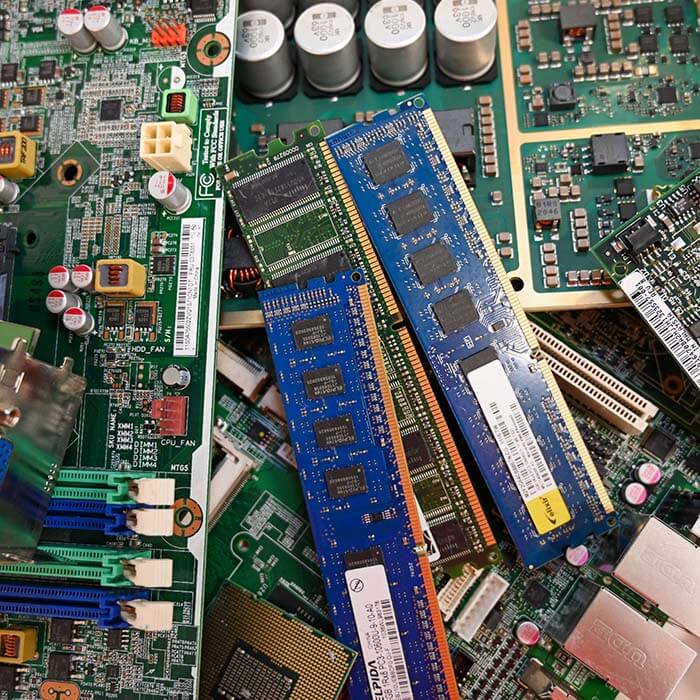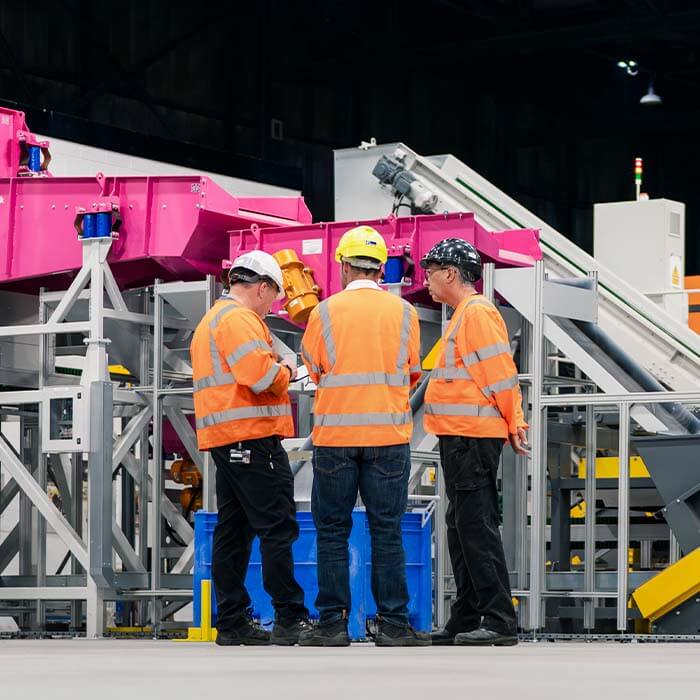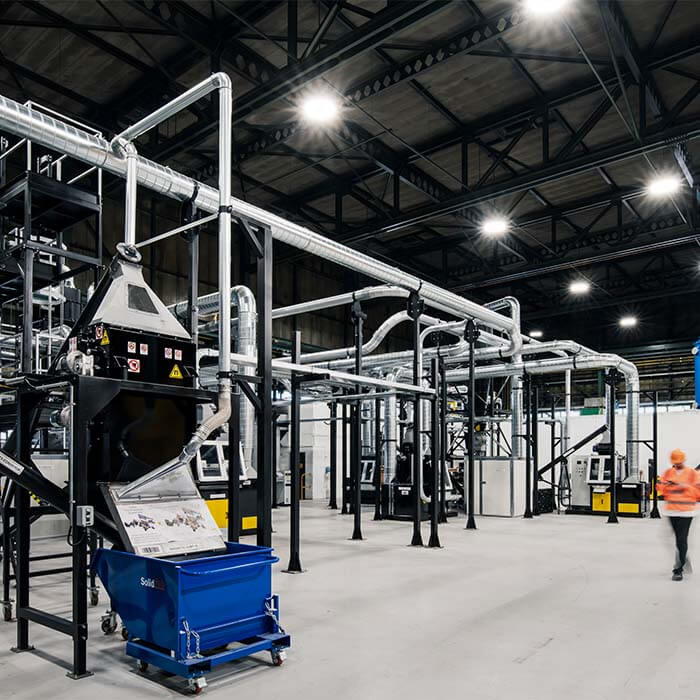E-Waste Law
The WEEE Regulations 2013 is the UK legislation introduced to regulate the amount of electrical waste and electronic equipment (WEEE) incinerated or sent to landfill sites.

Waste Electrical and Electronic Equipment Recycling (WEEE)
As the demand for technology doubles, so does the amount of e-waste.
- The huge growth of e-waste generated every year necessitated the WEEE regulation
- WEEE was introduced to ensure e-waste gets recycled in a safe and managed way
- This law has been implemented to help businesses produce and recycle more sustainably.
Handling of WEEE
E-waste can be toxic and carries a multitude of risks to health and the environment.
- Businesses have a duty of care to help reduce the effects of WEEE
- E-waste is non-biodegradable, containing toxic and harmful chemicals
- Our custom-built plant recycles e-waste onsite, promoting a circular economy


Our Solution
Our custom-built precious-metals recovery plant is a UK-based solution towards the management of e-waste.
- We are leading the transition to recover precious metals at room temperature, rather than at high-temperature
- The plant processes the entire circuit board, reducing our environmental impact
- The purpose-built plant provides new skills and employment within the UK
DISCOVER MORE
Environmental Impacts of e-waste
Recovered materials
Precious Metals Recovery
